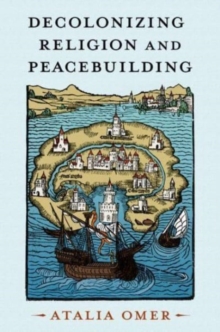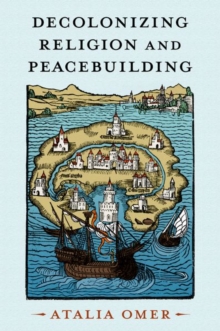
Where the Evidence Leads : A Realistic Strategy for Peace and Human Security PDF
by Robert C. Johansen
Part of the STUDIES IN STRATEGIC PEACEBUILDING series
Description
By shifting American security policy away from maximizing military power for the United States and toward maximizing human security for all, policymakers and citizens can also maximize national security for the United States and sustainable peace for the world.Why do war and political violence persist? Political realists argue that violent conflict and the struggle for power are inherent in the international system, and there is little we can do but manage it. However, as Robert Johansen argues in this path-breaking work, there are other ways forward. In Where the Evidence Leads, Johansen develops an "empirical realist" theory to enable the United Sates to respond more effectively to rising security threats. Together, peace research and security studies show that more security benefits are likely to result from maximizing the "causes" or correlates of peace than from maximizing military power. Ironically, a global grand strategy for human security, with national security folded into it, is likely to produce more security for the United States than a national security strategy. Peace reigns when states implement peace correlates, which range from addressing all nations' security fears to making life more predictable through better global governance. This approach, respectful of forgotten insights from Hans Morgenthau and others, revolutionizes thinking about national security policy by bringing it into a human security framework. The analysis shows that the anarchic, militarized balance-of-power system can be gradually changed with help from enhanced lawmaking, enforcement, and governance capacities. This thought-provoking book builds bridges between past policies-many of which have failed-and more deft ways of handling new realities that focus on building peace. In a world of threats, this book opens doors onto a future of sustainable peace, security, and hope.
Information
-
Download - Immediately Available
- Format:PDF
- Publisher:Oxford University Press
- Publication Date:19/10/2021
- Category:
- ISBN:9780197586662
Other Formats
- EPUB from £18.76
Information
-
Download - Immediately Available
- Format:PDF
- Publisher:Oxford University Press
- Publication Date:19/10/2021
- Category:
- ISBN:9780197586662










